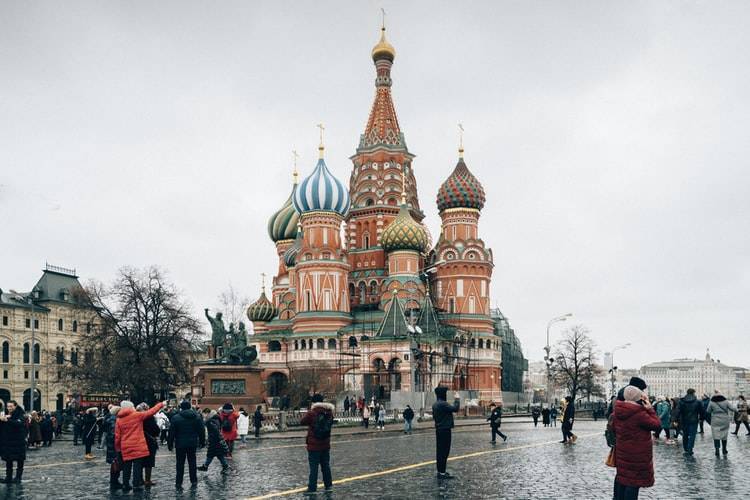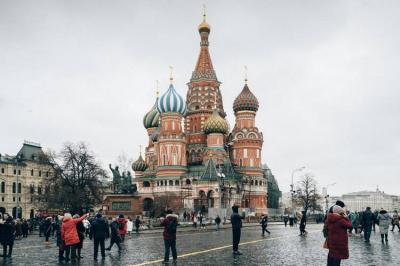The Russian capital is struggling to control the coronavirus despite strict measures imposed in recent weeks, recording consecutive record high death tolls as the Delta variant continues to spread globally amidst significant dissatisfaction among countries eager to return to normal life. Moscow once again recorded a record number of COVID-19 deaths on Sunday, with 144 fatalities within 24 hours, the highest toll since the pandemic began in the city. Just this past Friday, the capital reported 98 deaths, also a record.
This is happening despite a gradual implementation of restrictions such as the mandatory return to remote work for some employees and compulsory vaccinations for service sector workers. Starting Monday, anyone wishing to enter a restaurant in the capital must possess a health card. Consequently, Moscow residents must download from the city’s electronic platform a QR code confirming they have been vaccinated or have recovered from the illness within the past six months, or that they have undergone a COVID-19 test within the last three days, as clarified a few days ago by the city’s Mayor Sergey Sobyanin.
However, Moscow authorities do not plan to impose a general lockdown as they did in the spring of 2020 in this city of more than 12 million inhabitants. Russia is the hardest-hit European country in terms of deaths, with 130,347 reported fatalities according to government figures. However, under a broader definition of COVID-related deaths, the Rosstat statistical agency counted at least 270,000 deaths since the pandemic began up to the end of April.
The highly contagious Delta variant, first detected in India, is now present in at least 85 countries, according to the World Health Organization, raising fears of new waves of the pandemic despite ongoing vaccination campaigns.
### Reviewing Strategies
The Delta variant has forced some countries to reassess their strategies by tightening measures to combat the pandemic or delaying the lifting of restrictions. The latest of these countries is South Africa, which has recorded 1.9 million cases, including 59,900 deaths. South African President Cyril Ramaphosa announced on Sunday the imposition of new restrictions in the country hardest-hit by COVID-19 on the African continent to combat the sharp increase in cases attributed to the Delta variant, similar to other nations.
"We are facing a devastating wave that all signs indicate will be worse than previous ones," Ramaphosa announced, declaring a ban on all gatherings, both indoors and outdoors, except funerals, which can have a maximum of fifty participants. The sale of alcohol is also prohibited, and the curfew has been extended (from 9 PM to 4 AM), with schools expected to close by Friday.
In contrast, Italy continues to lift restrictions. The curfew is expected to be lifted on Monday in Aosta Valley, the only Italian region where it was still in effect, and mask-wearing is no longer mandatory outdoors, except in crowded places. However, Health Minister Roberto Speranza stressed that "the battle is not yet won," referring to the highly contagious variants, particularly Delta.
Italy was the first country in Europe to experience a COVID outbreak in the first quarter of 2020 and is among the countries most affected by the pandemic, with over 4.25 million infections and 127,418 deaths, including 56 in the last 24 hours.
Since the end of December 2019, COVID-19 has resulted in the deaths of 3,919,801 people globally, according to a count by Agence France-Presse based on official sources as of Sunday at 10:00 GMT. The United States remains the hardest-hit country in terms of deaths (603,966) and infections (33,624,776) as of Sunday evening.




